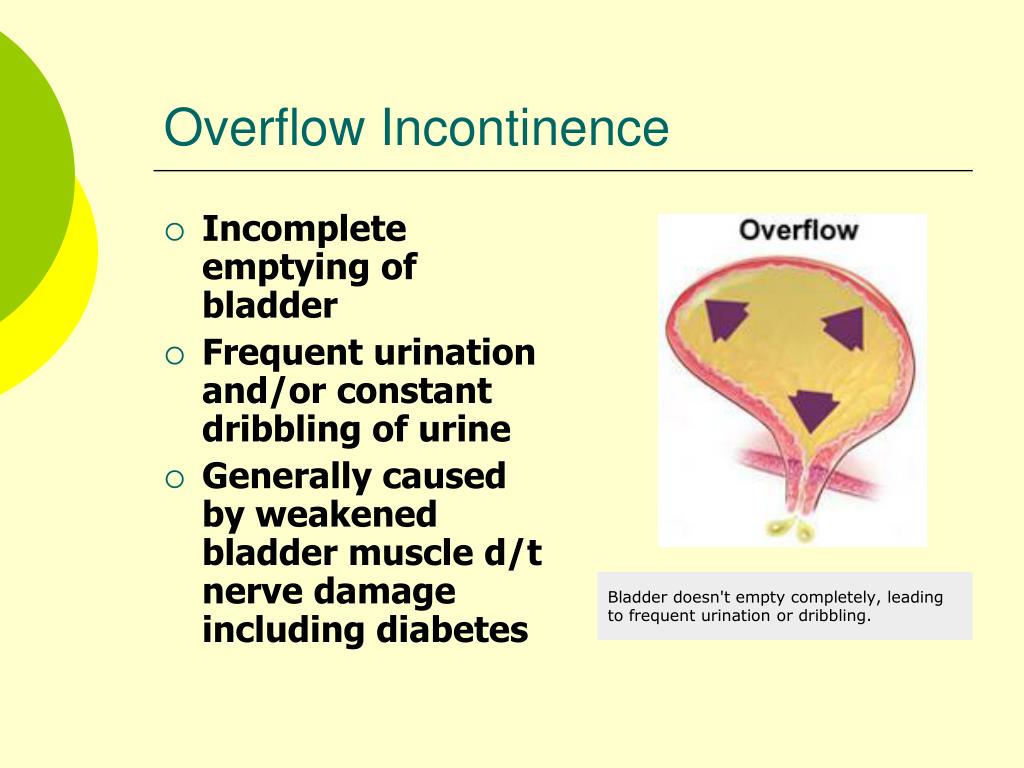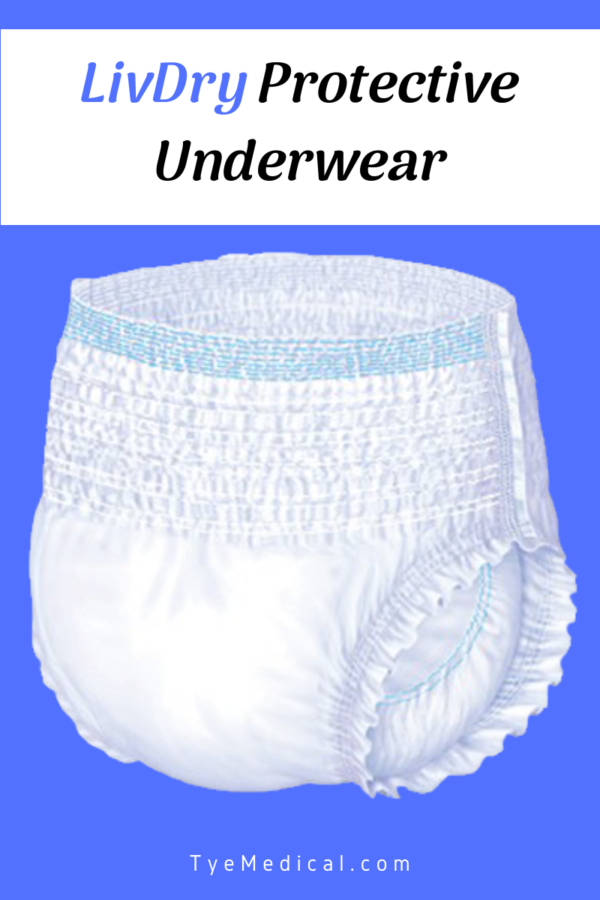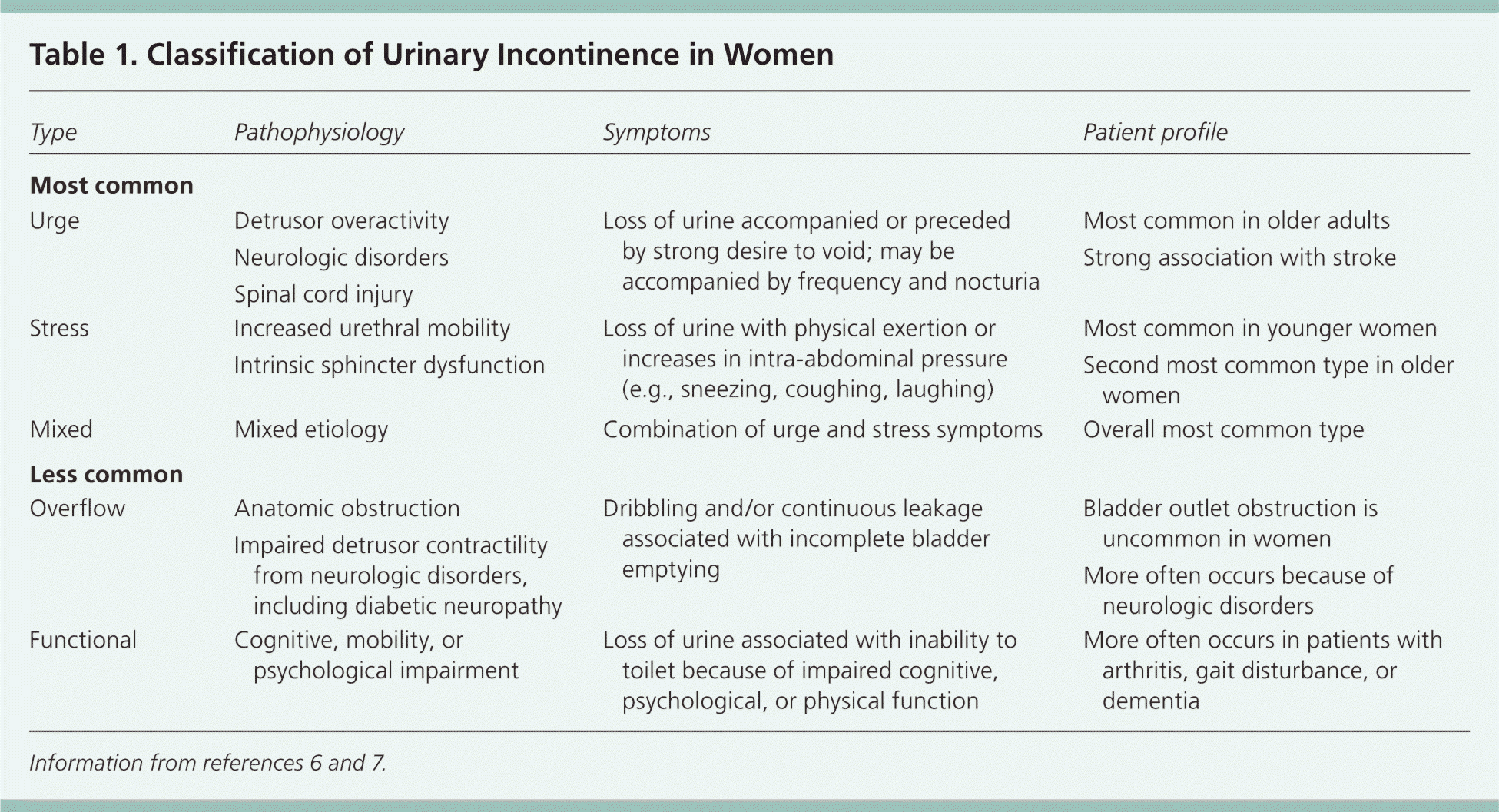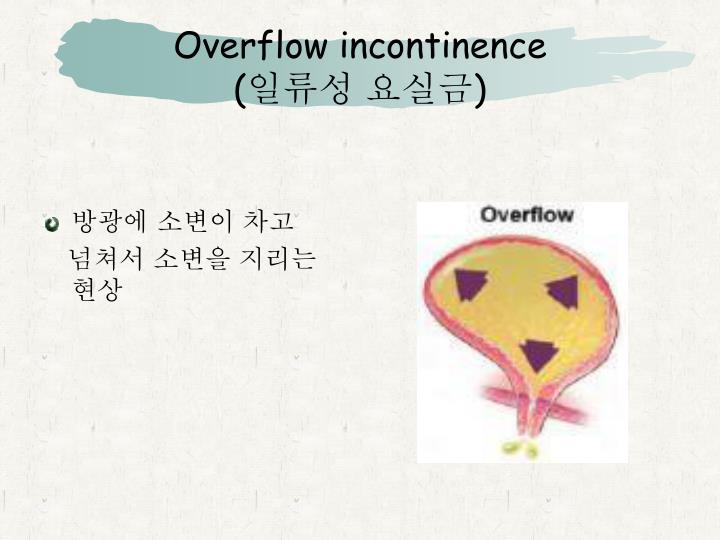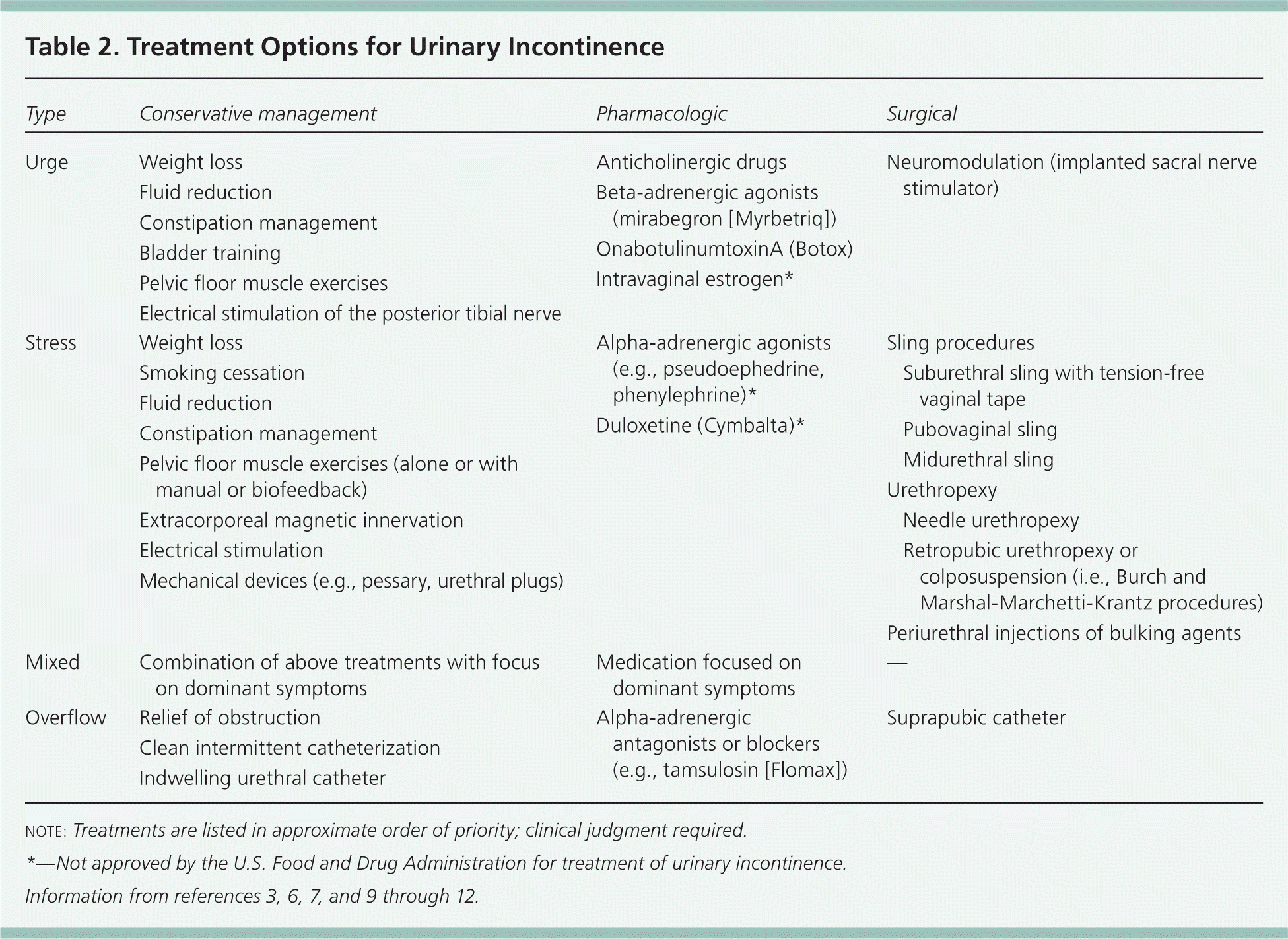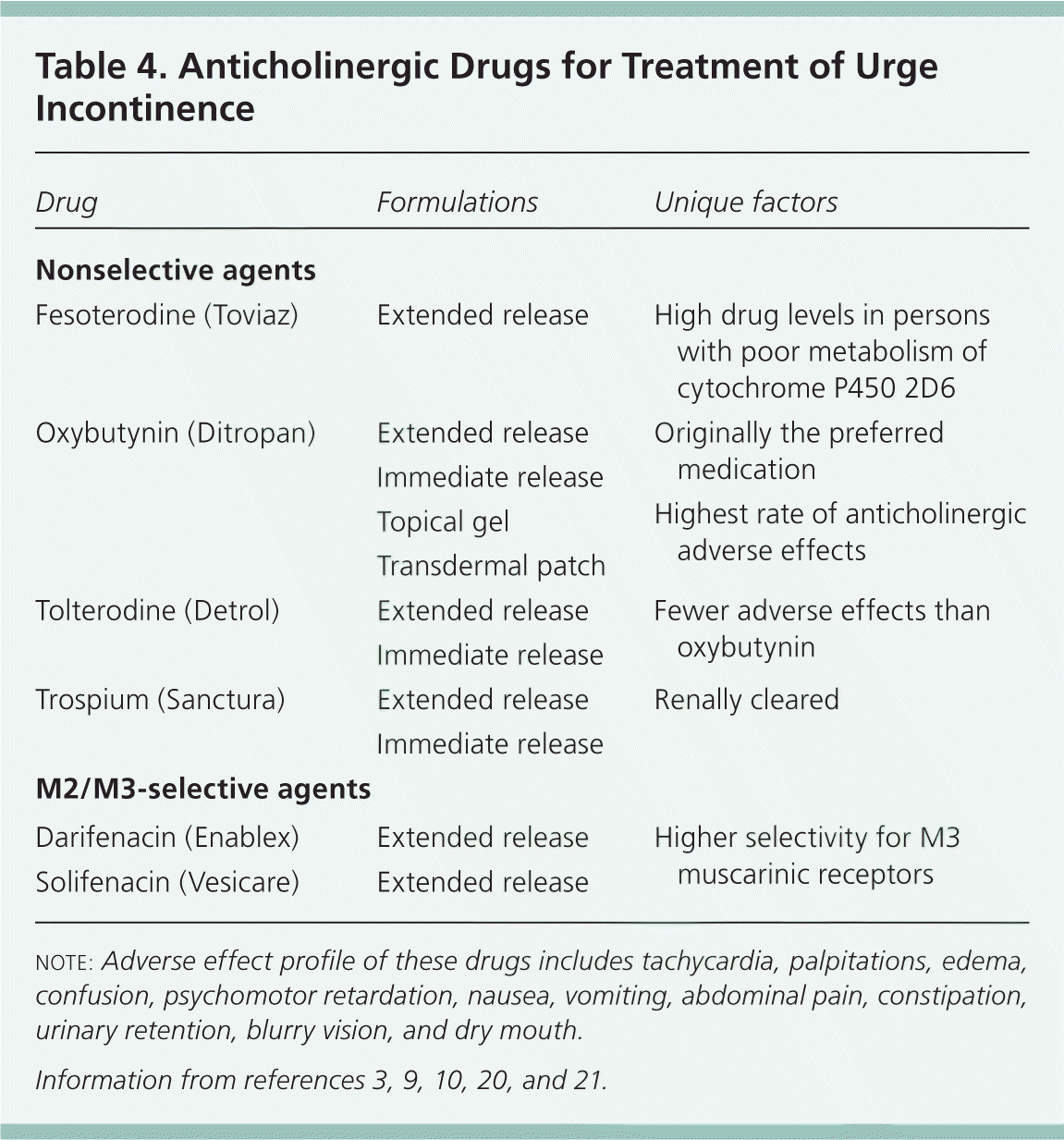Ideal Info About How To Treat Overflow Incontinence

If you experience any of the above, you may be dealing with a condition sometimes known as overflow incontinence, which.
How to treat overflow incontinence. Up to a third of americans have trouble controlling the urge. Depending on the cause and severity of your overflow incontinence, there are several treatments available that can help reduce urine leakage. The prostate is examined for any swellings or.
Catheterization, where a small, thin tube is inserted through the urethra to help drain. It may be used if a pelvic organ moves out of its. Treatment outlook is this common?
Treatment involves targeting the underlying cause. Prevention how common is incontinence in adults? When to seek help.
Excess fluid can also overwhelm your bladder and create a strong. Urinary incontinence can be caused by weakened bladder muscles,. Treatments for overflow incontinence depend on the reason you’re not emptying your bladder and include:
4 min read if you find yourself leaking urine during the day or even wetting the bed at night, you may be experiencing symptoms of overflow incontinence. This is true whether the bladder has become decompensated as a result of a neurologic insult (areflexic detrusor). First, there are steps you can take to either avoid using incontinence underwear entirely or lessen the time you’ll need them.
It may be used if a pelvic organ moves out of its. Refer to an appropriate specialist (urologist, urogynaecologist, or nephrologist), using clinical. Drinking too much fluid can make you urinate more often.
Find out more about surgery. A pessary fits into the vagina and supports the pelvic organs. Professionals involved in the management of overflow incontinence include your gp, a.
Women can be treated for overflow incontinence with: Catheterization is the only way to treat overflow incontinence. There are a number of treatments for overflow incontinence, which include:
How should manage a woman who has overflow incontinence or voiding difficulties? Surgery may be needed to correct problems that cause overflow incontinence, such as obstructions or abnormal growths in the urinary tract. These medications are commonly used to treat overflow incontinence.
The underlying conditions can be treated appropriately to improve overflow incontinence. Surgery to treat urge incontinence includes enlarging the bladder or implanting a device that stimulates the nerve that controls the detrusor muscles. Women can be treated for overflow incontinence with:



